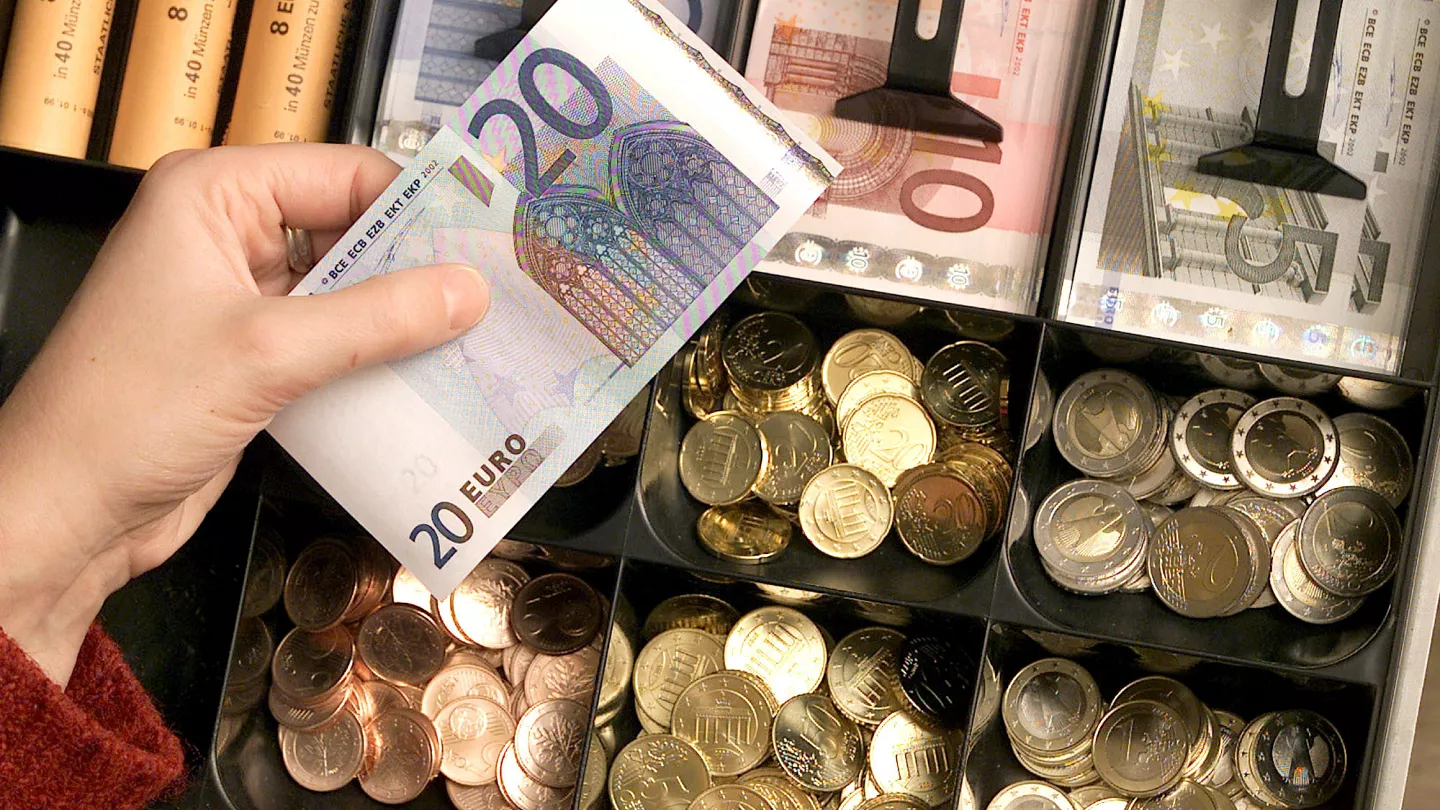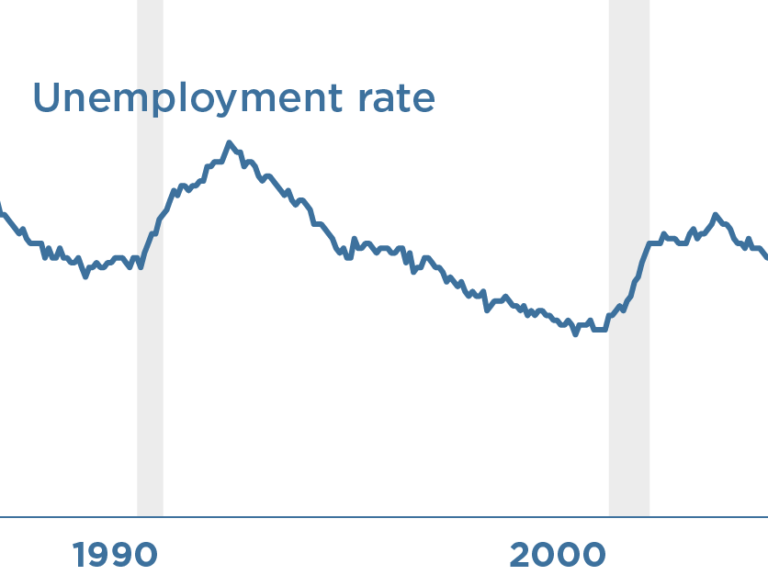
In a move that could drastically reshape the financial landscape across the continent, European authorities are considering a ban on cash payments in a bid to combat tax fraud and improve financial transparency. The proposal, which has sparked both support and controversy, aims to reduce the volume of unreported transactions, commonly referred to as the “shadow economy,” and ensure that tax revenues are more efficiently collected across the European Union (EU).
Tax fraud and the shadow economy have long been a concern in many European countries. The European Commission estimates that the informal economy accounts for as much as 12% of the EU’s GDP, with cash transactions often being the preferred method for illicit activities. With a potential ban on cash payments, European governments hope to close loopholes, increase tax compliance, and accelerate the transition toward a fully digital economy.
The proposal has garnered widespread attention in recent months, with several EU member states actively debating the implications of such a policy. While some argue that the move is necessary to clamp down on tax evasion and enhance transparency, others are concerned about the privacy implications, the practicality of enforcing such a ban, and the potential impact on vulnerable populations.
The Rationale Behind the Proposal
The EU’s consideration of a cash payment ban stems from its ongoing efforts to curb tax fraud, money laundering, and other financial crimes that thrive in the informal economy. While cash transactions offer convenience, they also allow individuals and businesses to engage in financial activities that are difficult to trace, making it easier to evade taxes and launder money.
According to the European Commission, the cost of tax fraud within the EU could reach up to €1 trillion annually, a staggering amount that undermines public finances and deprives governments of vital resources for public services. Cash transactions play a significant role in this phenomenon, as they are often used in underreported economic activities, from small businesses failing to declare income to large-scale money laundering operations.
By eliminating cash as a payment method, the EU hopes to reduce the opportunities for individuals and businesses to engage in unreported transactions. Instead, the goal is to create a more transparent and traceable financial system that relies on digital payments, which are easier to monitor and audit. This would enable governments to track financial flows more effectively, detect potential tax evasion, and ensure that everyone pays their fair share of taxes.
The Digital Economy: A Step Towards Modernization
The idea of transitioning to a cashless society is not entirely new. Several countries, including Sweden, Denmark, and China, have already made significant strides in reducing cash usage and embracing digital payments. These nations have seen benefits such as increased tax compliance, reduced opportunities for corruption, and more efficient public services.
In Sweden, for example, the government has actively promoted digital payments, with the Swedish central bank even exploring the possibility of launching a digital currency. The country’s widespread use of mobile payment platforms like Swish has made it easier for individuals to make purchases and transfer money digitally, reducing the reliance on cash. As a result, Sweden has one of the lowest cash usage rates in the world, and its tax collection system has become increasingly effective.
In the EU, the shift toward a digital economy has already begun, with many businesses and consumers increasingly adopting electronic payments. Mobile payment apps, contactless cards, and online banking services have become the norm in many European countries. The EU has also introduced various initiatives to modernize its payment infrastructure, such as the Single Euro Payments Area (SEPA) and the European Central Bank’s push for the development of a digital euro.
A ban on cash payments would accelerate this trend, making digital payments the default method of transaction. This would further integrate the European economy into the digital age and streamline financial transactions, enabling faster payments, lower transaction costs, and enhanced security.
Potential Benefits of a Cash Payment Ban
- Combatting Tax Fraud and Evasion
One of the primary motivations behind the proposed ban on cash payments is to combat tax fraud and evasion. By eliminating cash transactions, governments would have a more comprehensive view of financial activity, making it harder for individuals and businesses to conceal income or engage in illicit activities. This could lead to a significant increase in tax compliance, improving public finances and funding for essential services. - Reducing the Shadow Economy
The shadow economy, which includes unreported work, undeclared income, and illegal transactions, thrives on cash payments. In many cases, individuals and businesses use cash to avoid taxes, social security contributions, or VAT. A cashless society would make it more difficult to participate in the shadow economy, as digital payments are easily traceable and can be monitored by tax authorities. This could help reduce the size of the informal economy, which has long been a drain on public resources. - Enhancing Security
Cash payments are often associated with higher levels of crime, including theft and money laundering. Moving to a cashless system would reduce the physical risks associated with carrying and storing cash, as well as limit opportunities for criminal activities. Digital payments offer greater security features, such as encryption and fraud detection, which can help protect consumers and businesses from financial crime. - Improved Efficiency and Transparency
Digital payments provide greater efficiency by streamlining transactions, reducing the need for manual processes, and eliminating the costs associated with handling cash. For businesses, it can mean faster transactions, fewer cash-handling fees, and easier reconciliation of accounts. For governments, a digital payment system can improve transparency by providing a clearer record of transactions, making it easier to identify discrepancies or fraudulent activities.
Concerns and Challenges
While the potential benefits of a cash payment ban are clear, the proposal has not been without its critics. Concerns have been raised about the implications for privacy, security, and accessibility, particularly for vulnerable populations.
- Privacy Concerns
One of the most significant concerns surrounding a cashless society is the potential erosion of privacy. Cash transactions allow individuals to conduct business without leaving a trace, which is not the case with digital payments. Critics argue that a ban on cash could lead to a surveillance society, where every transaction is tracked and monitored by governments and financial institutions. This could raise questions about data security and the potential misuse of personal financial information. - Exclusion of Vulnerable Groups
Not everyone has access to digital payment systems, particularly in rural areas or among older generations. For many people, cash remains the primary method of transaction, and a ban could exclude them from the economy. In some regions, internet access and smartphone penetration are limited, making it difficult for individuals to participate in a fully digital payment system. The ban could disproportionately affect low-income individuals and those who are already marginalized by the traditional banking system. - Implementation Challenges
The practicalities of implementing a cashless society across an entire continent are also significant. It would require widespread infrastructure investments, including the expansion of digital payment systems, greater financial literacy, and robust cybersecurity measures. In countries with large informal economies, transitioning away from cash could be particularly challenging, as many businesses and consumers may resist change or lack the resources to adopt digital alternatives. - Resistance from Small Businesses
Small businesses that rely on cash payments may also face difficulties in adapting to a cashless economy. For many small retailers, restaurants, and service providers, cash transactions are a cost-effective way to conduct business. The shift to digital payments could result in additional costs related to payment processing fees, equipment, and training. Some small business owners may also resist the change due to concerns about customer preferences and the perceived complexity of digital transactions.
The Road Ahead
As Europe considers banning cash payments, the debate over the merits and drawbacks of such a move is likely to continue for some time. While the proposal has the potential to address longstanding issues of tax fraud, financial crime, and economic inefficiency, it also raises important questions about privacy, accessibility, and fairness.
In the coming months, European policymakers will need to weigh these concerns carefully, taking into account the experiences of countries that have already transitioned to cashless societies and the potential impact on different segments of the population. If the ban on cash payments is implemented, it could be a transformative moment for the European economy, ushering in a new era of digital payments, financial transparency, and tax compliance. However, for the shift to be truly successful, it will require careful planning, widespread buy-in from businesses and consumers, and robust safeguards to protect privacy and ensure inclusion.







